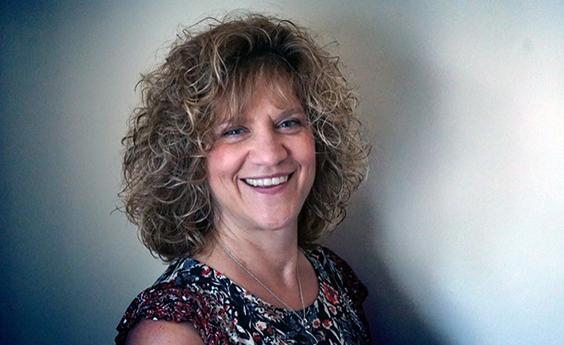Our guest blogger and school counselor, Christa Marvenko-Athas, has some advice for parents who are helping children cope with a different kind of back-to-school stress.
Here we are in September, continuing to manage the flood of emotions and actions needed to address the impact of a global pandemic on getting “back-to-school.”
The personal impact of the pandemic on our physical, financial and emotional safety and security continues to be a grand stressor. Managing emotions, the impact of the political climate and racial inequity are all part of the emotional and physical work we are presented with daily. We are called to come to terms with living our lives distanced, masked, virtual, emotionally-flooded and uncertain.
The following are some things that can help ground you and your child as we progress forward.
Identify your own thoughts and feelings and take good care of yourself. We cannot help our children to the best of our ability if we ourselves are depleted. Identify and reach for your resources, take up the offered hand, share, talk and process. Do the things and activities that help you feel strong and resilient.
Encourage and help your child to identify and share their thoughts and feelings. The more we talk about and process how we feel regarding our experience of life in this moment, the better we will eventually feel. Talking can bring a feeling of relief; the upset in us becomes less charged, and even though we may not be able to immediately change our experience, some of that upset can be drained off by sharing and processing.
When taking the temperature of our physical bodies, also take emotional temperatures. Emotional and mental health is as important as physical health. Have a daily mental health check-in with yourself and your child. Watch for signs of too much stress on coping skills. Below are links to a brief article outlining things to watch for in children and a CDC article that outlines adult stress impact (as well as many resources). If you feel concerned and need extra support please reach out to me or your other resources or health care providers.
https://www.lifespan.org/lifespan-living/coronavirus-kids-and-signs-stress
https://www.cdc.gov/coronavirus/2019-ncov/daily-life-coping/managing-stress-anxiety.html
Physical movement and mindfulness exercises help. Physical activity, meditation and mindfulness practices lower the stress response in children and adults. Even practicing a pause and simple breathing exercises can get us through a tough moment or day. Mindfulness can help us tune into our emotional selves and into how our physical bodies respond to emotional stress, and allow us to better identify and tend to what we need. A practice of using a brief breathing exercise before transitions in your daily routine can make a huge difference in how you and your child feel.
As we start the school year let’s continue to remind ourselves of our resources and our resiliency. We are in this together.
Christa Marvenko-Athas is the school counselor at the Waldorf School of Baltimore. She is a Licensed Clinical Social Worker and has been providing psychotherapy and counseling services to adults, adolescents, children, couples, families, and groups for more than 25 years. To learn more about Christa, visit her website: https://christamarvenkoathas.com/

